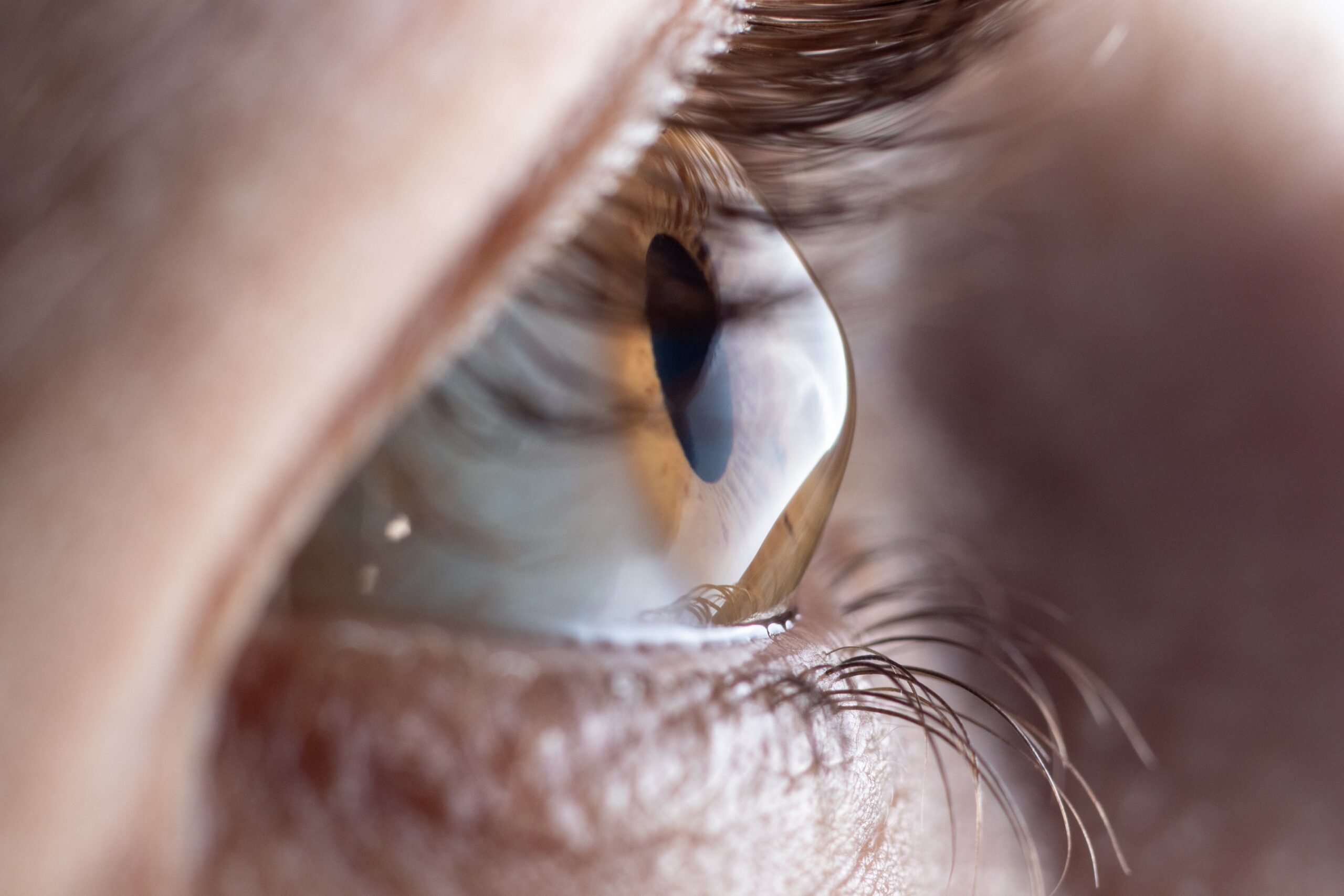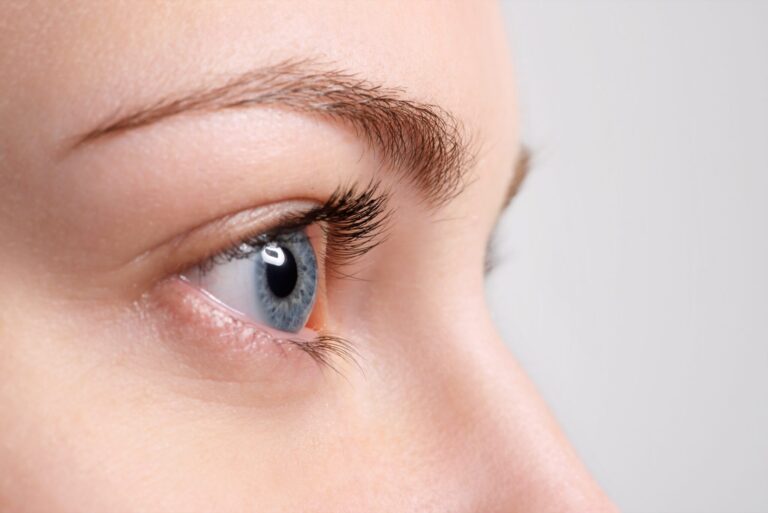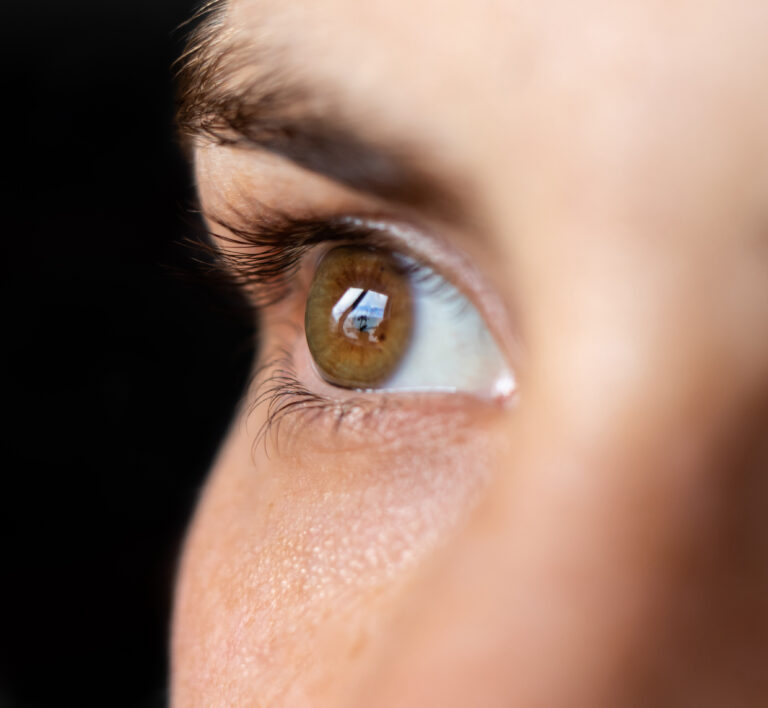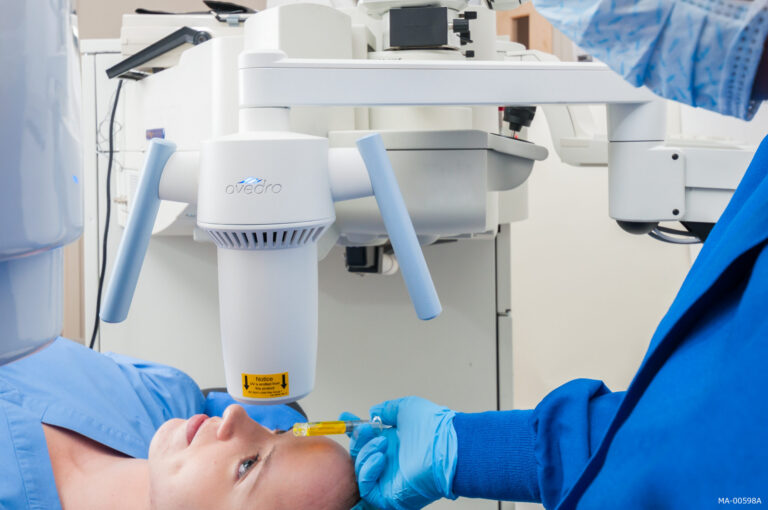
What is Keratoconus?
Keratoconus is a progressive eye condition that affects how your cornea refracts light onto the retina. The structure and shape of your cornea are extremely important when it comes to directing light onto the retina. If a patient suffers from keratoconus, the cornea becomes thin and starts to bulge so it can no longer hold its proper shape. Usually, keratoconus is genetically inherited, but it may also happen because of external reasons, such as rubbing your eyes too much.
At Ophthalmology Associates of the Valley in Encino and West Hills, Los Angeles, we offer comprehensive keratoconus diagnostic exams and treatments. After scheduling an appointment, our skilled ophthalmologists conduct a variety of tests to create a tailored treatment plan that works best for you and fights against your keratoconus.
What are Symptoms of keratoconus?
Usually, patients with hereditary keratoconus begin to notice symptoms during their teenage years or in their early 20s. For patients who acquired the disorder through external reasons, they may experience symptoms at different stages of their life. Common signs associated with keratoconus include:
What Causes keratoconus?
Usually an inherited condition, keratoconus may also be caused by various external or environmental reasons. Patients who experience keratoconus may have acquired it through incorrectly fitted contact lenses, long-term UV ray exposure, eye allergies, and chronic eye rubbing. Men and women who have a family history of keratoconus should schedule regular eye exams to reduce symptoms or prevent the chance of long-term problems. Early detection is imperative to maintaining your eyesight and minimizing symptoms before they start to affect your quality of life.
How Is Keratoconus Diagnosed?
Keratoconus is diagnosed through a comprehensive eye exam that includes specialized tests to measure the shape and thickness of the cornea. A corneal topography test is commonly used to map the surface of the cornea and detect irregularities that are indicative of keratoconus. Other diagnostic tools, such as pachymetry, are used to measure corneal thickness. Early diagnosis is essential to manage the progression of keratoconus and determine the appropriate treatment.
How is keratoconus treated?
The treatment choices for keratoconus depend on the severity of your condition and how soon it was detected. During the early stages, we can manage it effectively with prescription glasses or contacts. Because keratoconus is a chronic disorder, patients will experience additional symptoms as they continue to age. Once the condition has progressed more, patients generally require a more complex treatment because glasses or contacts no longer help with the symptoms. If needed, surgeries like corneal cross-linking and corneal transplants can treat advanced keratoconus. Our dedicated and experienced ophthalmologists at Ophthalmology Associates of the Valley have helped thousands of patients live more comfortably with these types of vision treatments.
Keratoconus FAQs
Protect your vision today
Keratoconus can cause severe vision loss without proper diagnosis and care, but if detected early enough, our expert ophthalmologists can create a treatment plan that works best for you. If you suffer from symptoms associated with keratoconus, please schedule an appointment at Ophthalmology Associates of the Valley in San Fernando Valley of Los Angeles, CA. We have caring, experienced ophthalmologists at our offices in Encino and West Hills who can help you maintain your vision. Please call us to learn more about the innovative treatment options we offer.





